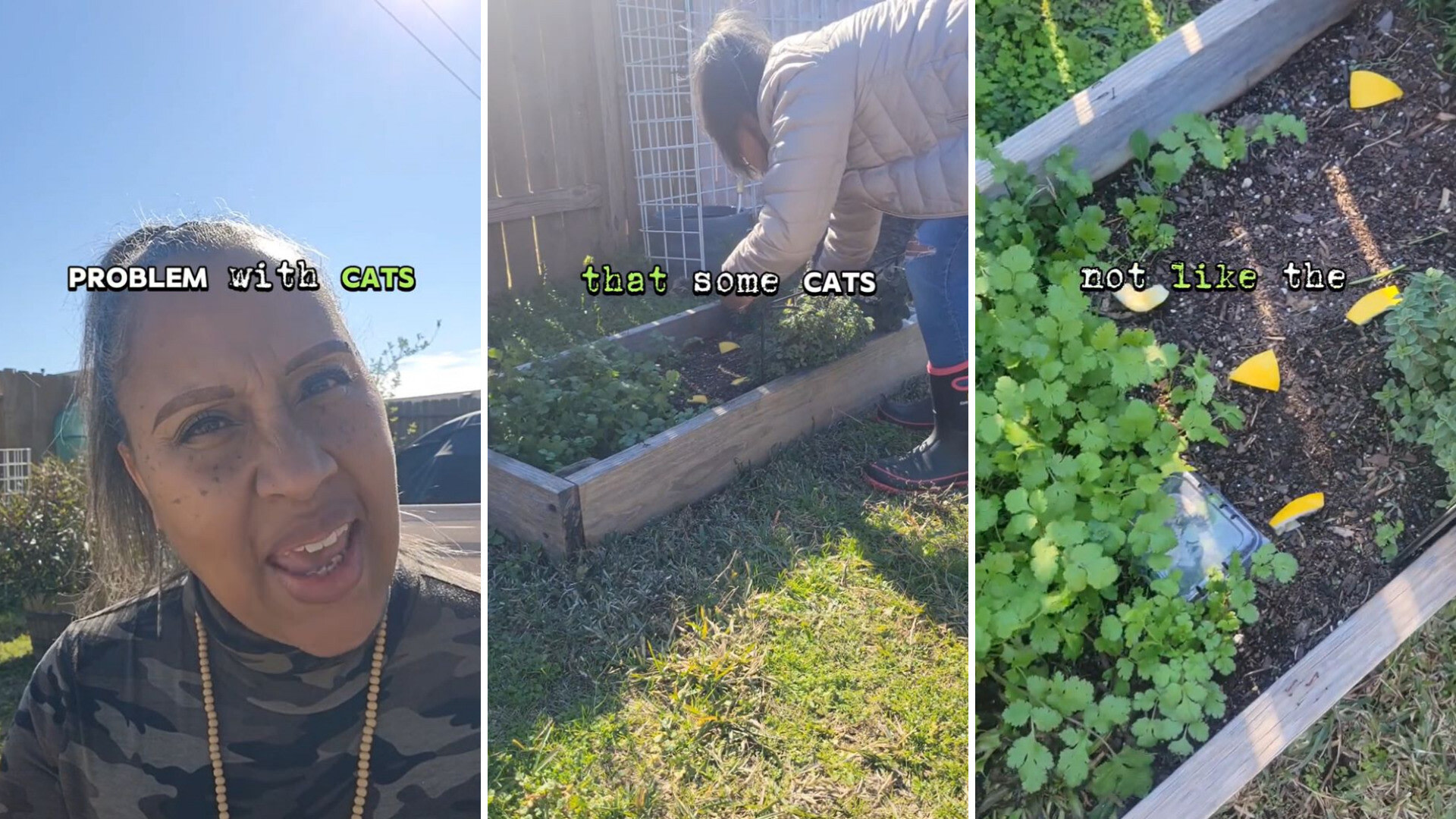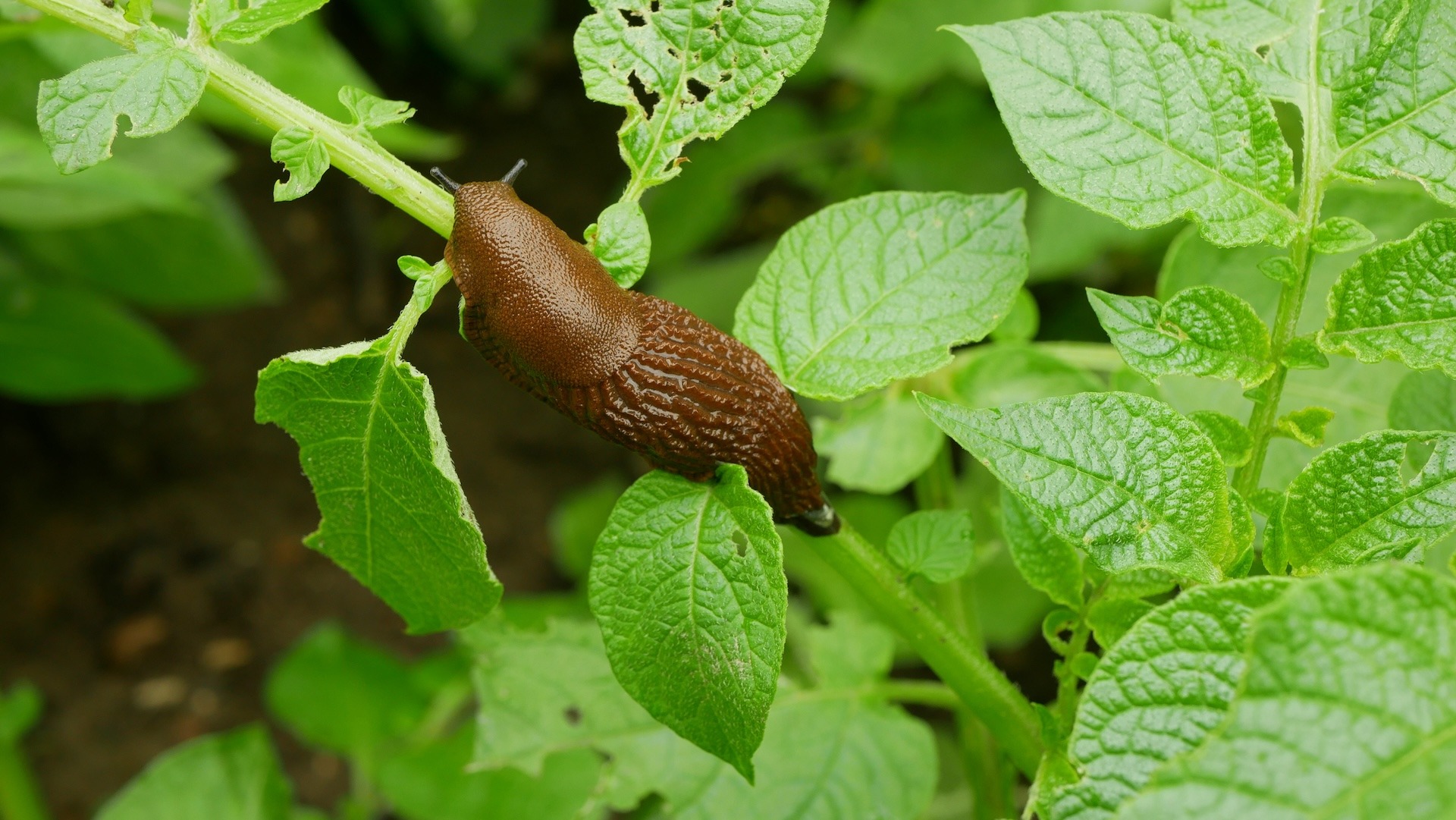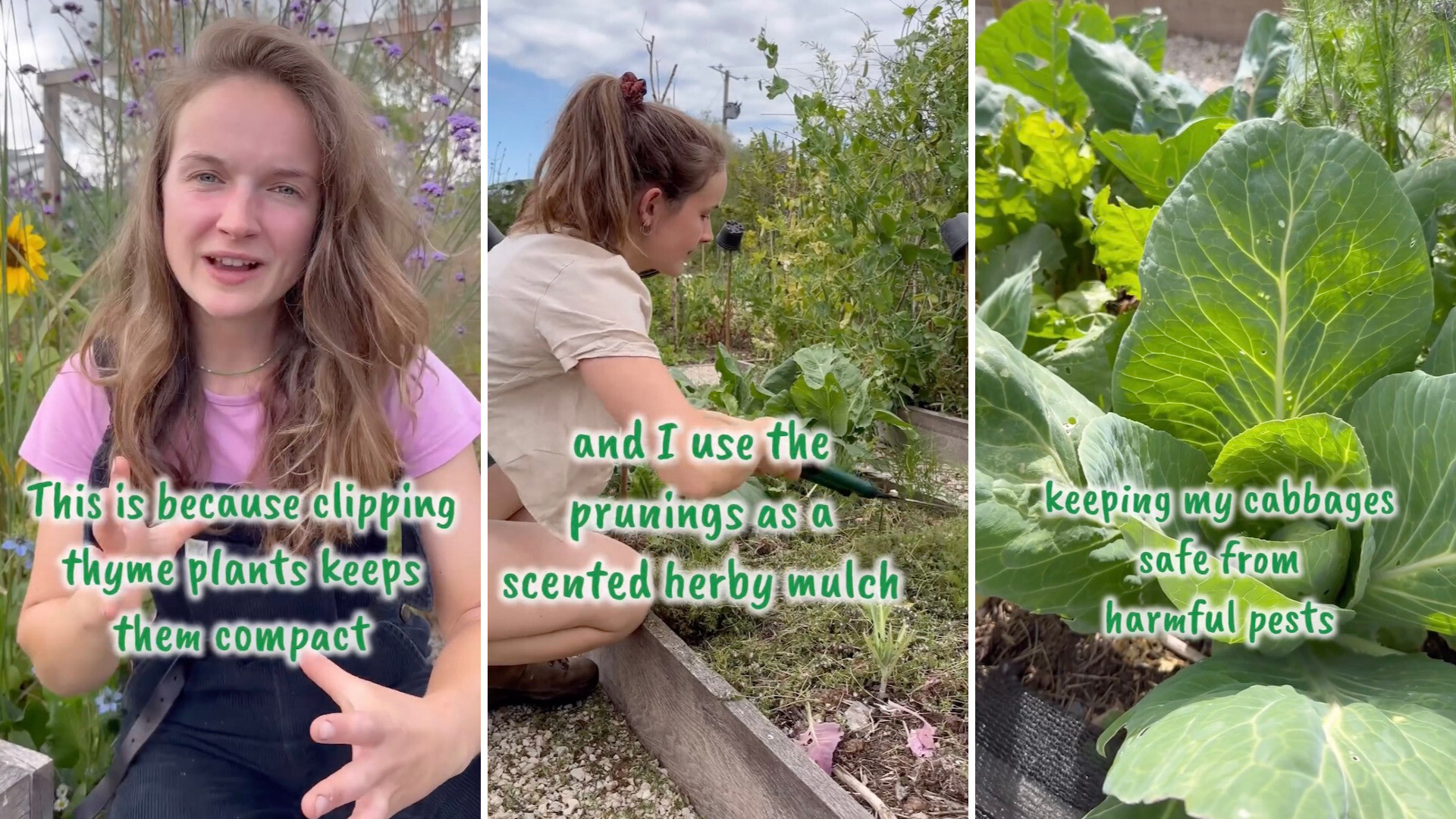Most gardeners know the emotional roller coaster that comes with seeing your beautiful flowers or delicious veggies sprouting only to be spoiled by hungry bugs.
And while many modern gardeners and farmers use insecticides to protect their produce and shoo away mosquitoes, some of these are unhealthy for humans — not to mention their impact on the pollinators that you need to keep your garden going.
Instead of synthetic chemicals, here are five all-natural tips to keep your garden, and you, safe from pests.

Cinnamon contains eugenol, a natural bug repellent. You can harvest it yourself by steeping powdered cinnamon in warm water for a few hours to make a cinnamon "tea." Just strain out the cinnamon bits, add a little rubbing alcohol and dish soap, and put the mixture in a spray bottle for a gentle, natural mosquito spray.
For smaller areas, such as a fruit bowl, you can add a couple of sticks of cinnamon to keep away fruit flies!
Citrus peels

Citrus fruit is another natural pest repellent, and even better, you don't have to use the whole fruit for this hack. Instead, just save the peels to scatter in and around your garden.
It's free, it'll keep bugs away, and it even deters cats who might otherwise want to use your garden beds as a litterbox! The peels break down naturally over time and add nutrients to your soil, too.

Not every insect in the garden is a problem. Ladybugs eat the bugs that snack on your plants, such as aphids, and they don't do your garden any harm themselves.
To attract ladybugs to your garden, plant ladybug-safe species such as dill, marigolds, yarrow, sunflowers, and cilantro. Give the ladybugs something to drink by placing rocks in the water for them to land on, and give them places to rest with sticks, bamboo, or a "bug hotel."
Coffee

You might like a good cup of joe, but slugs and snails do not. If these creepy crawlies are snacking on your plants, brew a pot of coffee, let it cool, then put it in a spray bottle and spray the areas under attack.
Just be careful not to use hot coffee, which can damage plants, and don't overuse the spray — this one works on pollinators and beneficial bugs, too.
Thyme

Like many strong-scented plants, thyme naturally repels some kinds of insects. Plant it near cabbage, broccoli, cauliflower, and related plants to keep cabbage butterflies away. (Their caterpillars eat these veggies!)
For a little extra oomph, prune your thyme, then sprinkle the clippings over your cabbage beds. It will keep the thyme from getting woody while protecting the cabbage.
Join our free newsletter for easy tips to save more and waste less, and don't miss this cool list of easy ways to help yourself while helping the planet.









